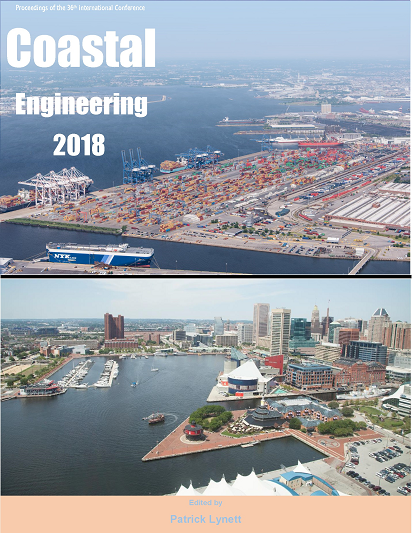Abstract
As an archipelago, the Philippines highly depends on ports for inter-island trade and commerce. However the country is vulnerable to coastal hazards such as typhoons and tsunamis. To serve the growing demand for commercial cargo transport in the northern region of the country's largest island Luzon, an open pier is being proposed to be built along the western seaboard. This paper presents a methodology of carrying out a coastal engineering assessment of the feasibility of an open pier possibly without protective breakwaters. The analysis aims to determine the wave climate of the project coast under prevailing non-storm conditions under which the port is expected to operate. The study also aims to quantify the historical storm tides along the project coast as basis for the vertical siting of the pier structure for engineering design. Finally, a study of the tsunami hazard is undertaken to consider the possible significance of infrequent but potentially catastrophic hazard into the engineering design basis of the pier.
Authors retain copyright and grant the Proceedings right of first publication with the work simultaneously licensed under a Creative Commons Attribution License that allows others to share the work with an acknowledgement of the work's authorship and initial publication in this Proceedings.

